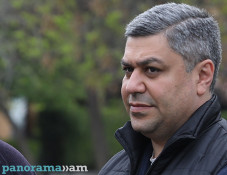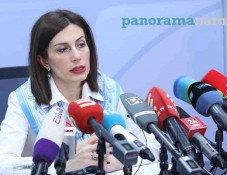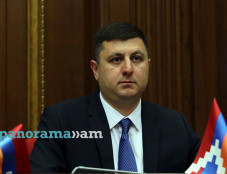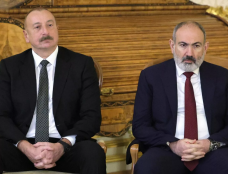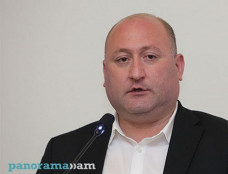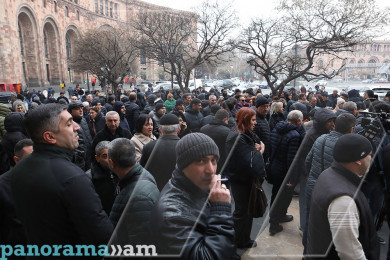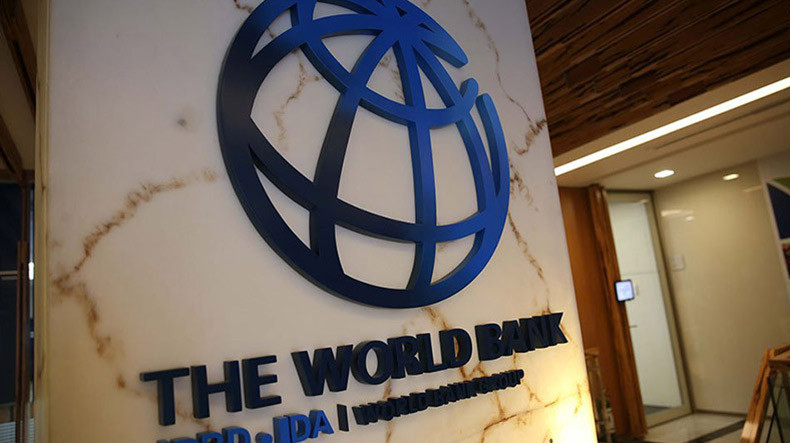
Health care gets investment boost in two Armenian regions with World Bank support
Armenia’s health system response to COVID-19 and potential future pandemics, including hospitals’ capacity for case management and intensive care, will benefit from $7.4 million in Additional Financing for the Disease Prevention and Control Project, approved today by the World Bank’s Board of Executive Directors, the World Bank in Armenia said in a press release on Thursday.
The project will support the Government of Armenia in closing financing gaps for the construction and equipment of Martuni Medical Center in Gegharkunik region, and for the construction and equipment of a new medical center in Vayots Dzor region.
The challenges experienced in providing hospital care are acute, especially in Vayots Dzor region, which has not received investments to upgrade the hospital infrastructure for several decades. Due to limitations in hospital capacity during the pandemic for clinical management of COVID-19 cases in Vayots Dzor region, cases requiring intensive care were transferred to hospitals in surrounding regions, introducing delays in accessing services and increasing the risk of mortality.
“Strengthening the supply of quality health care services has been at the heart of our support to Armenia’s health reforms,” said Sylvie Bossoutrot, World Bank Country Manager for Armenia. “I am particularly pleased that this project will allow over 137,000 people in the Gegharkunik and Vayots Dzor regions to access quality medical care. I am also very proud of the number of regional medical centers we helped construct and equip: 18 in total, as a result of the longstanding collaboration between the World Bank and the Republic of Armenia.”
These investments, which benefit from lessons learned during the pandemic about building more inclusive health systems, will contribute to strengthening Armenia’s health resilience going forward.
“The COVID-19 pandemic has illustrated the critical importance of universal access to high-quality health care at the hospital and primary health care levels to respond to non-communicable diseases, detect the spread of infectious diseases, and prevent premature mortality,” said Dr. Adanna Chukwuma, World Bank Task Team Leader of the project. “Support provided through this project will reduce the time and monetary cost of accessing essential services, especially in the underserved region of Vayots Dzor.”
The $7.4 million in Additional Financing is an IBRD loan of variable-spread, with a 14.5-year grace period and a total repayment term of 25.5 years. Since joining the World Bank in 1992, and IDA in 1993, commitments to Armenia have totaled approximately $2,434,734 million.
Newsfeed
Videos








